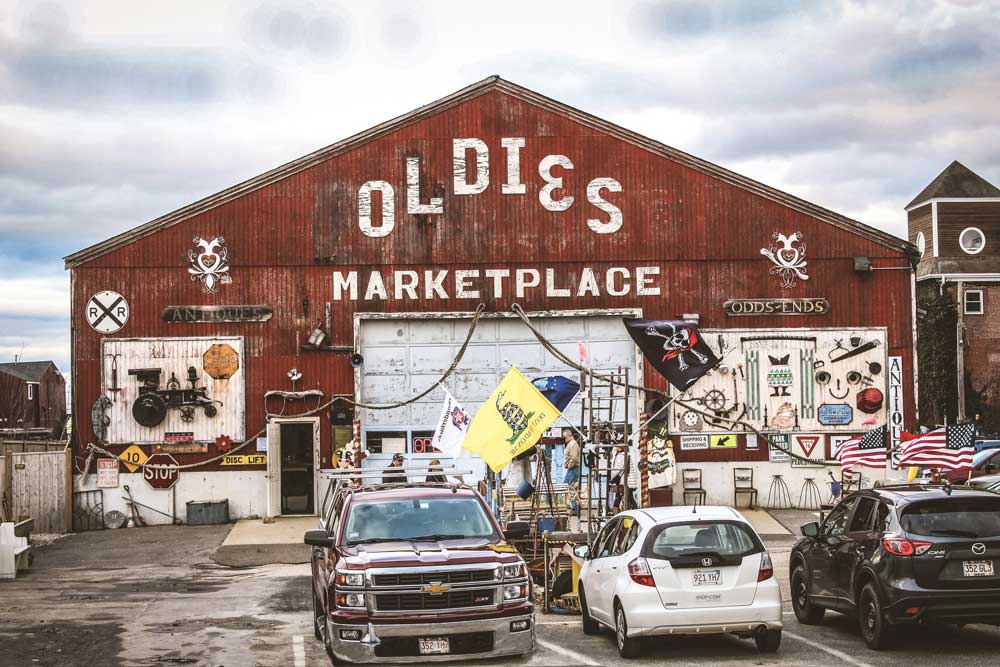If you’re a digital marketer considering buying an aged domain for SEO purposes, read this post before making a decision. In this article, we’ll discuss the pros and cons of using aged domains for SEO–but before that, let’s define what an aged domain is.
What Is an Aged Domain, and How Is It Different From an Expired Domain?
Aged domains are domains that have been registered and used for a long time, usually for two years or more. You can think of aged domains as abandoned real estate–the owner has moved on and is no longer using it, but the domain still has value.
An expired domain, on the other hand, is a domain that was registered but never used or was used before the owner let it expire. These domains are often auctioned off and can be bought for a fraction of the cost of an aged domain. Click here if you want to learn about how expired domains help with SEO.
It’s important to mention that using a private blog network (PBN) is another good way to boost your website rankings. While traditional PBNs are considered a black-hat technique and might be risky, many new PBN website hosting services provide footprint-free PBNs that are almost impossible to detect.
Now that we’ve got that out of the way, let’s take a look at the pros and cons of buying aged domains for SEO purposes.
What Are the Pros of Buying Aged Domains for SEO?
The main advantage of using an aged domain for SEO is that it comes with backlinks—links from other websites to your website. Backlinks are one of the main ranking factors for Google, so the more backlinks you have, the higher your website will rank in search results. With an aged domain, you won’t have to start from scratch and spend hours trying to acquire backlinks for your site.
Another advantage to using an aged domain is that it will have already been indexed by Google. This means that Google has already crawled and indexed the website, so you won’t have to wait for Google to index it again.
Furthermore, an aged domain is more likely to have a higher Domain Authority (DA). DA is a metric created by Moz that predicts how well a website will rank on search engines, and a higher DA means that your website is more likely to rank higher in search results.
Lastly, an aged domain comes with brand recognition. The previous owner of the domain might have spent years building up the brand, so people might already be familiar with the domain name and the value it provides. This can give you a head start in promoting your website and help you market to potential clients.
What Are the Cons of Buying Aged Domains for SEO?
The main disadvantage of using an aged domain for SEO is that you don’t know the history of the domain. The previous owner might have used black-hat SEO techniques to artificially inflate the ranking of their website, which could result in your website being penalized by Google.
For example, the domain might have been a part of a traditional PBN, which is a network of websites used to artificially inflate the ranking of a website. Finding a PBN is made easier by checking its outgoing links profile using a tool like Ahrefs. If the website contains a lot of links with spammy commercial anchor text, it might be a PBN website.
Another downside to using aged domains is that it can be difficult to find one that’s relevant to your niche. If you post irrelevant content on an aged domain, Google will penalize your website. Many websites built on aged domains have suffered a decline in traffic because they were posting irrelevant content.
Should You Buy Aged Domains With Backlinks for SEO Purposes?
If you’re in a competitive niche, it might be worth the risk to buy an aged domain with backlinks. However, if you’re just starting out or if you’re in a less competitive niche, you might want to steer clear of aged domains altogether. If you do decide to buy an aged domain, make sure it’s relevant to your niche, contains high-quality backlinks, and isn’t part of a traditional PBN.
